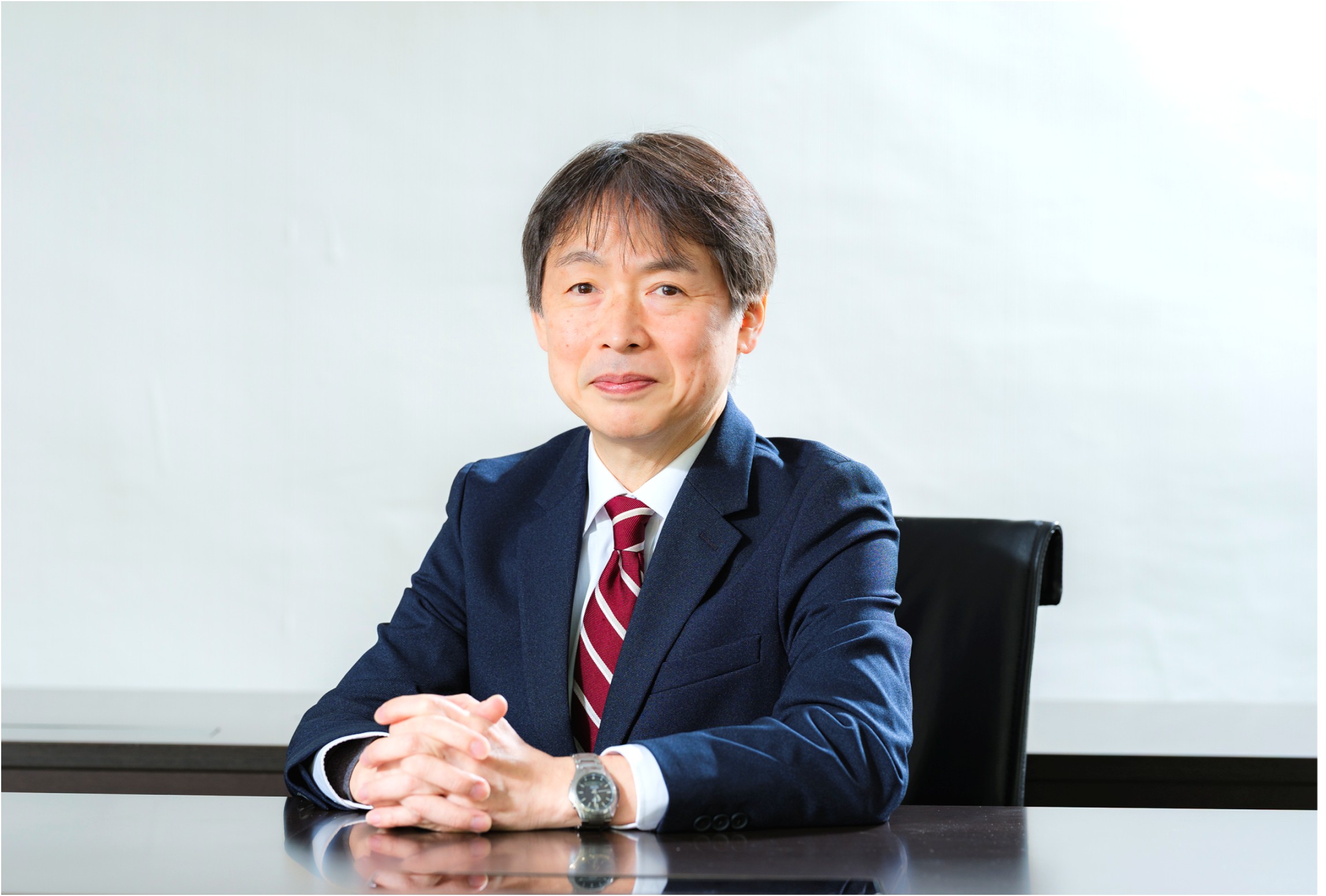 Prof. HAMAGAMI Tomoki, Dean,
Prof. HAMAGAMI Tomoki, Dean, The College of Engineering Science at Yokohama National University originated from the Yokohama Higher School of Technology, which was established in 1920. Since its founding, the college has cultivated many outstanding individuals and contributed to the development of society under the educational philosophy of "名教自然 (Meikyo Shizen)." In 2011, the College of Engineering was reorganized into the College of Engineering Science, establishing an educational system that allows students to systematically learn a wide range of academic fields, from basic natural sciences to industrial applications supported by engineering.
In recent years, technological innovations such as AI and quantum computing have advanced rapidly, while the social structures have undergone major changes. The development of science and technology is not only related to industrial transformation, but also closely linked to various issues such as environmental problems and social inequality. To respond flexibly to these changes and realize a sustainable future, it is essential to integrate knowledge by breaking down the barriers between engineering and science disciplines and fostering the ability to learn independently. Based on these societal demands, the College of Engineering Science, through its three departments and ten education programs (EPs), works to cultivate "engineers with a sense of science" or "scientists with a sense of engineering" who will lead cutting-edge technological innovation.
Learning at the College of Engineering Science is not limited to the acquisition of specialized knowledge. We offer a variety of programs that broaden interdisciplinary perspectives and integrate knowledge, with an emphasis on cultivating the ability to contribute to shaping future societies. For example, we maximize the potential of each of our diverse students by offering diverse learning opportunities, such as the Sub-major Program, in which students systematically study fields different from their major; the ROUTE Program, in which students can participate in cutting-edge research from their early undergraduate years; and the YNU-MDA Program in mathematics, data science, and AI, which has been offered across the university since 2024. After graduation, students can acquire more advanced research and practical skills by entering the Graduate School of Engineering Science, the Graduate School of Environment and Information Sciences, the Interfaculty Graduate School of Innovative and Practical Studies.
We sincerely hope that the students at the College of Engineering Science, with the ability to combine flexible thinking with deep expertise, will make their mark on the global stage from Yokohama, a major center of science, technology, and industry, and be the driving force behind the creation of new innovations and a sustainable future.
Prof. HAMAGAMI Tomoki, Dean,
College of Engineering Science